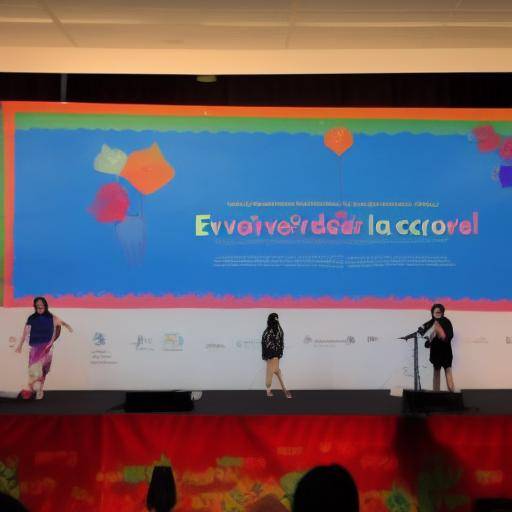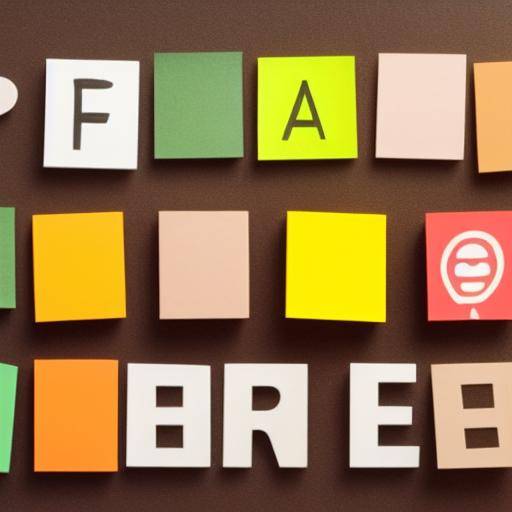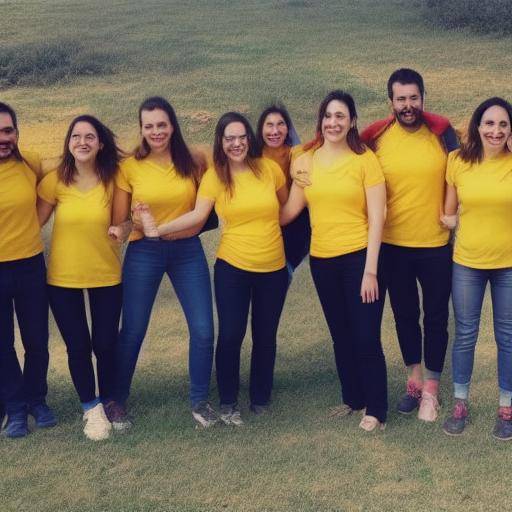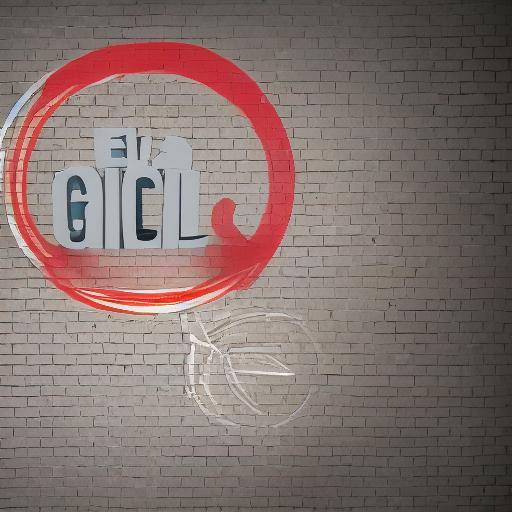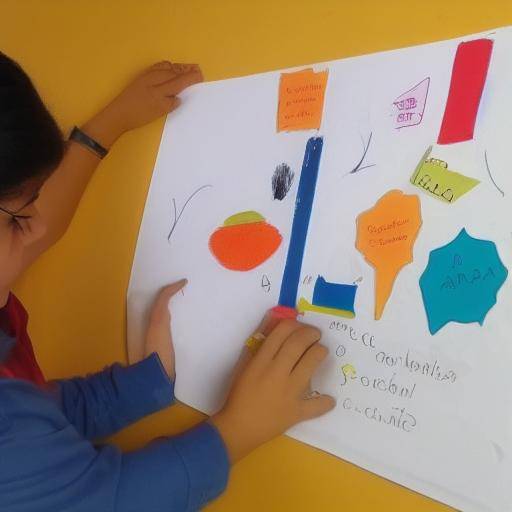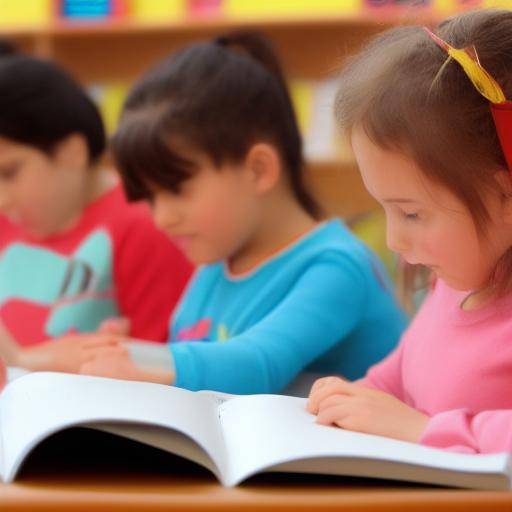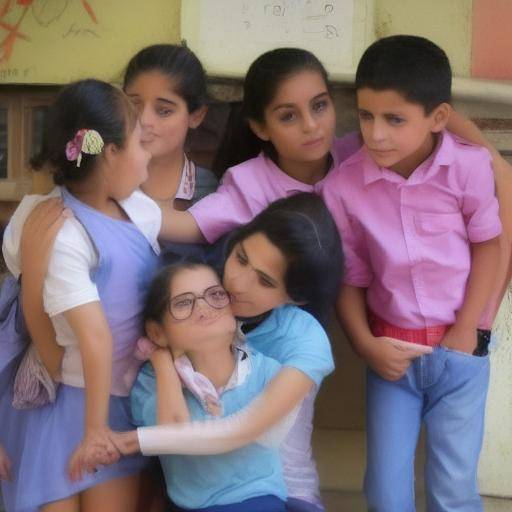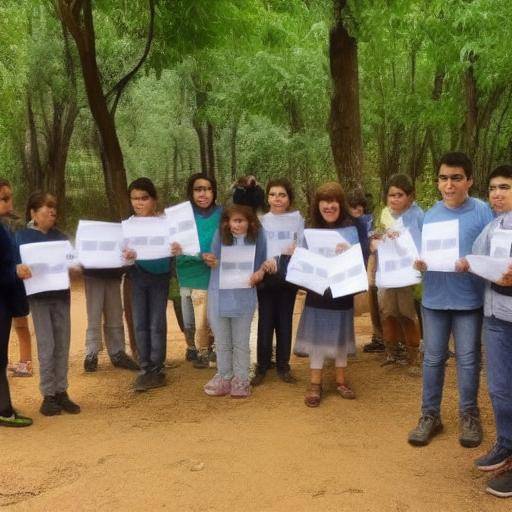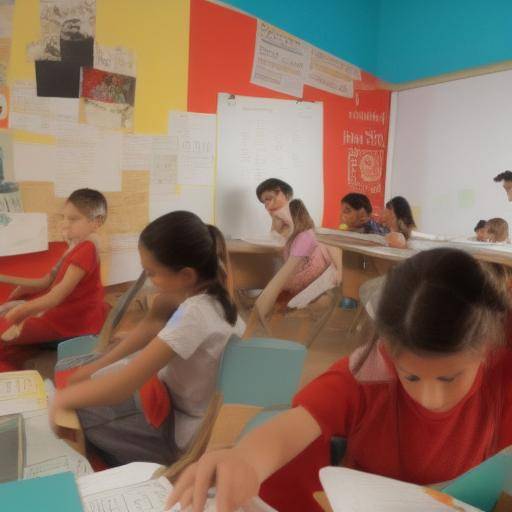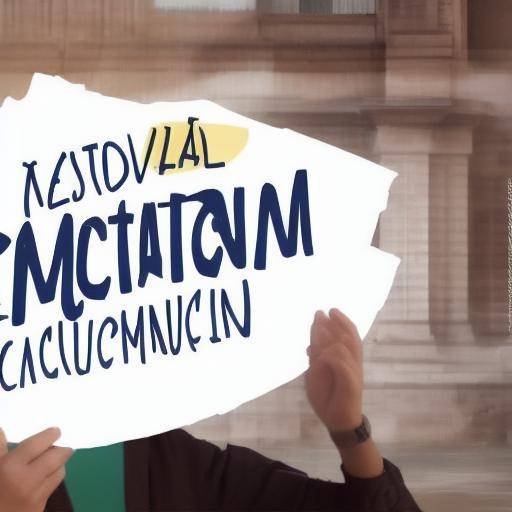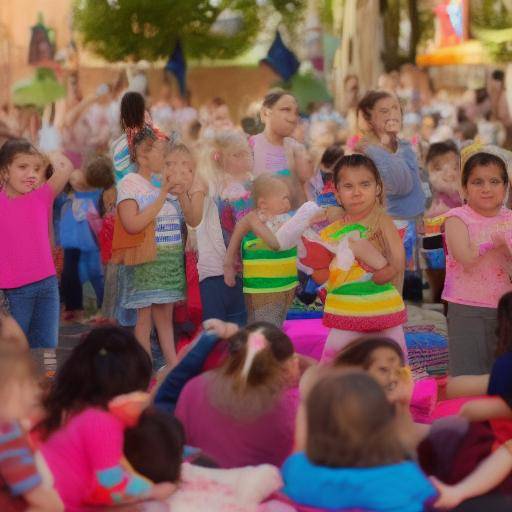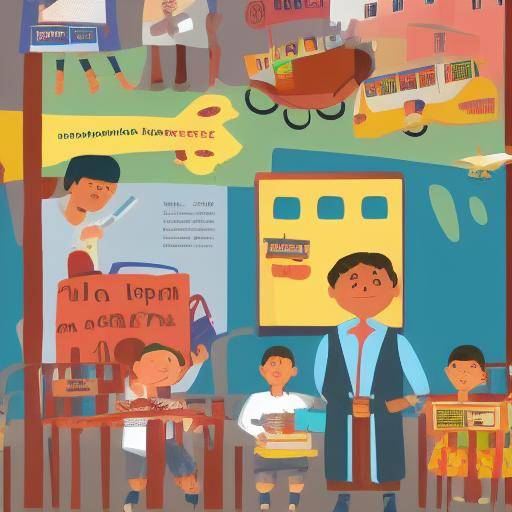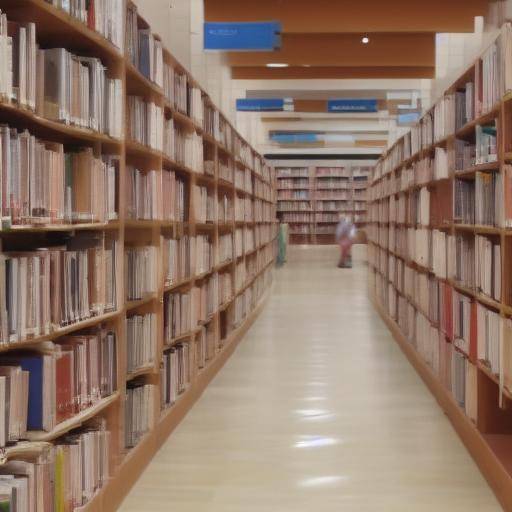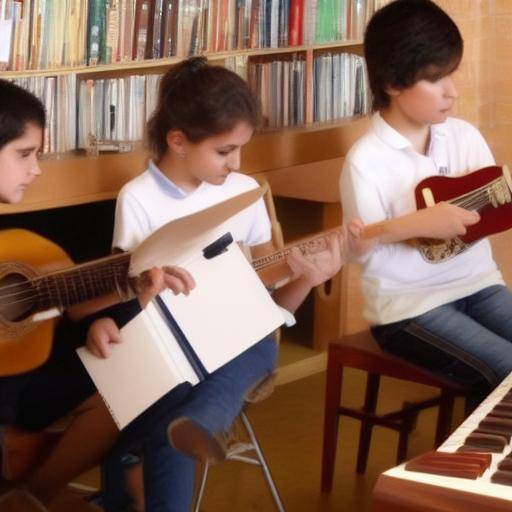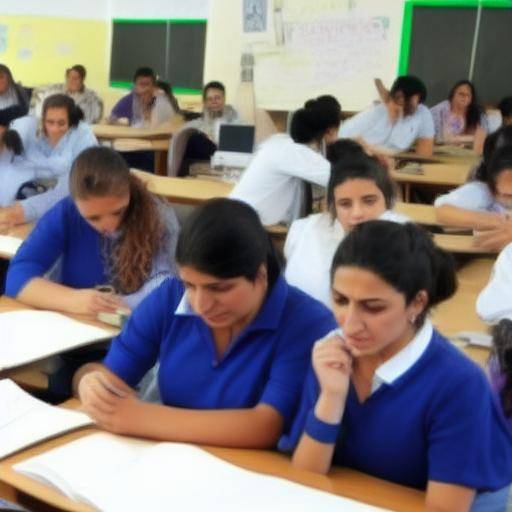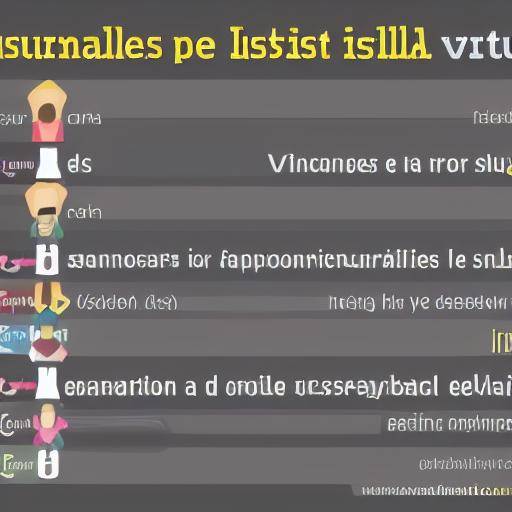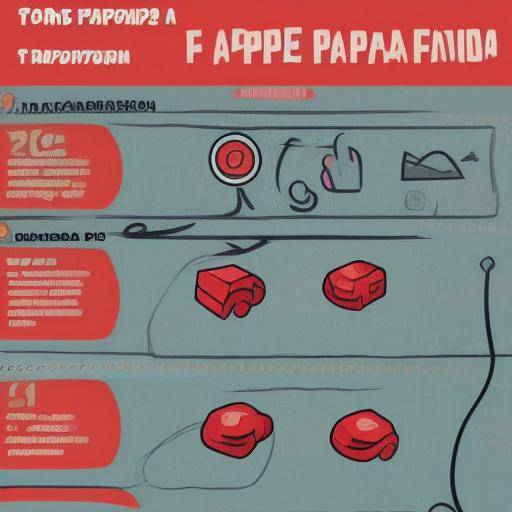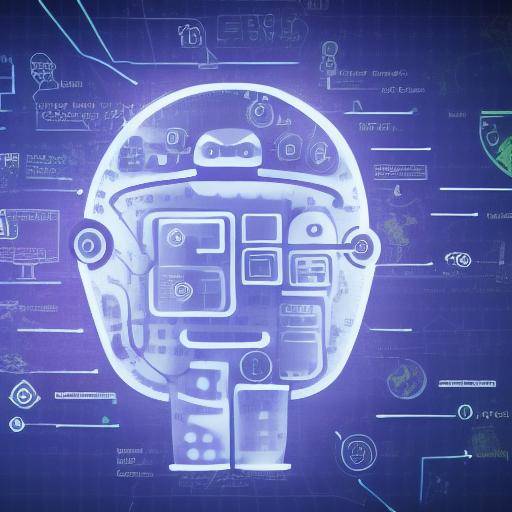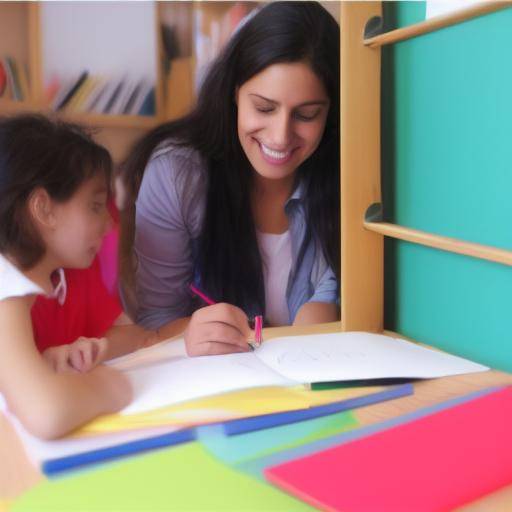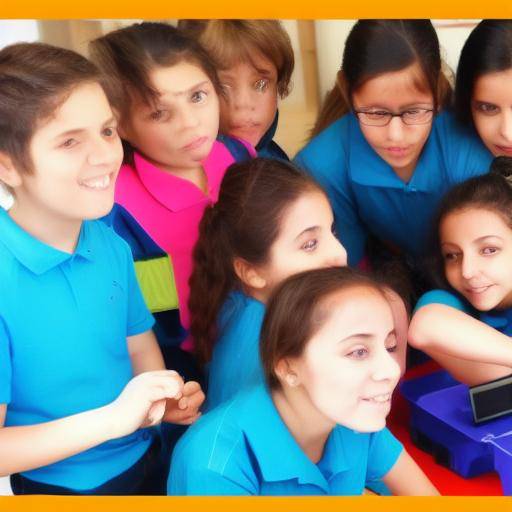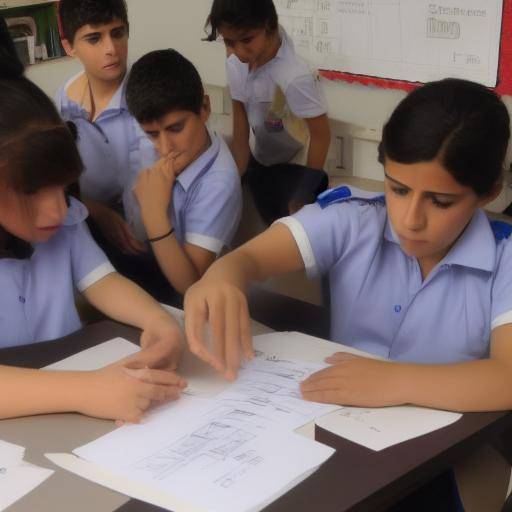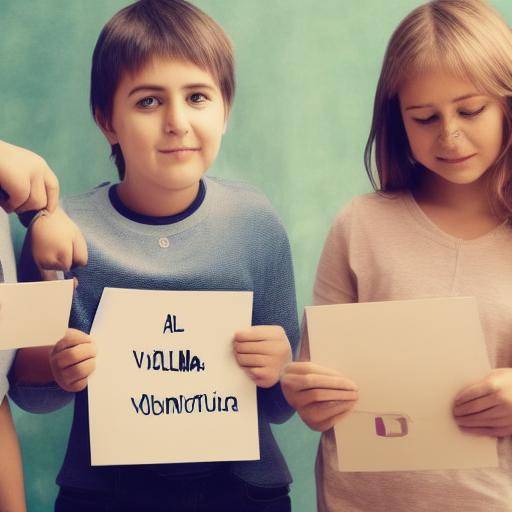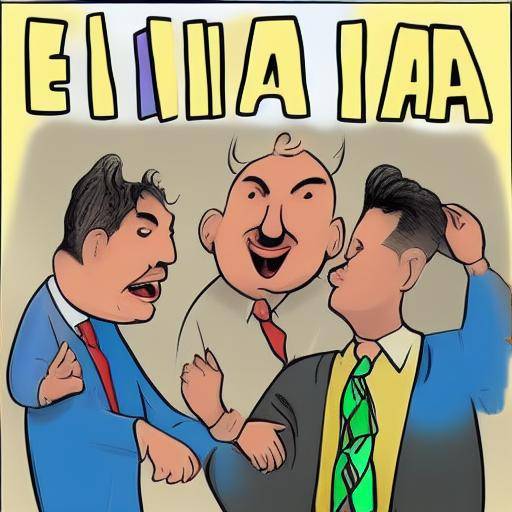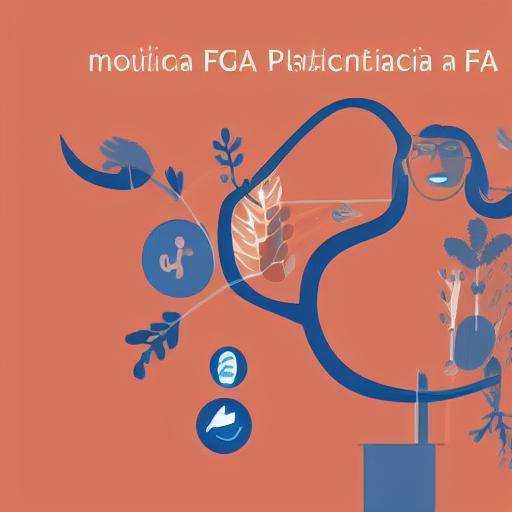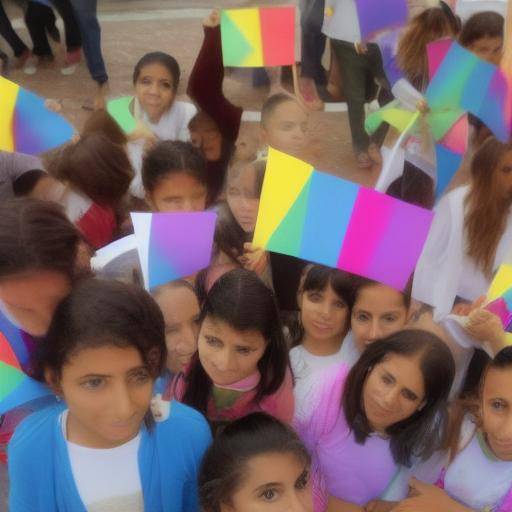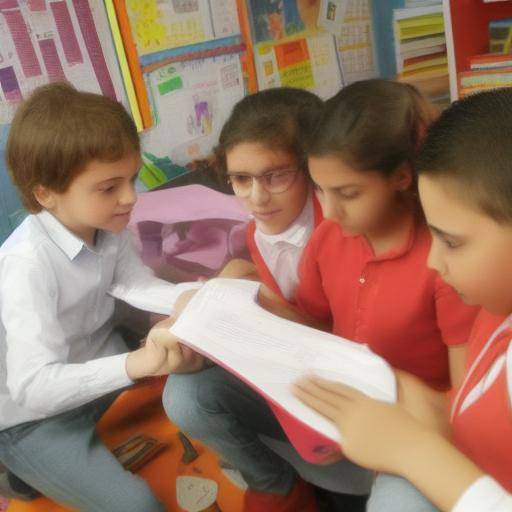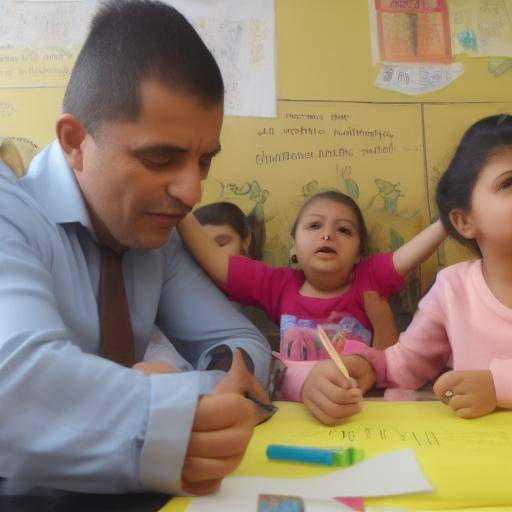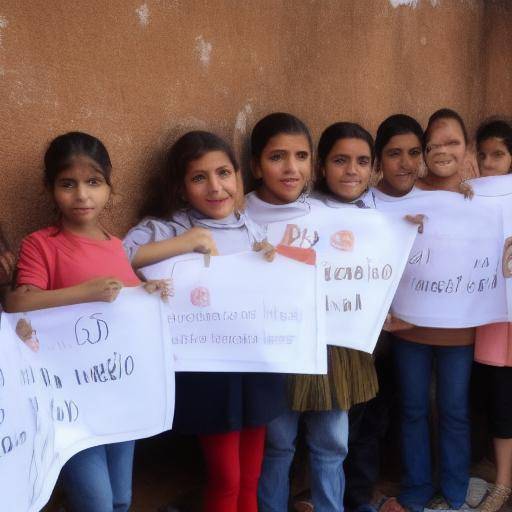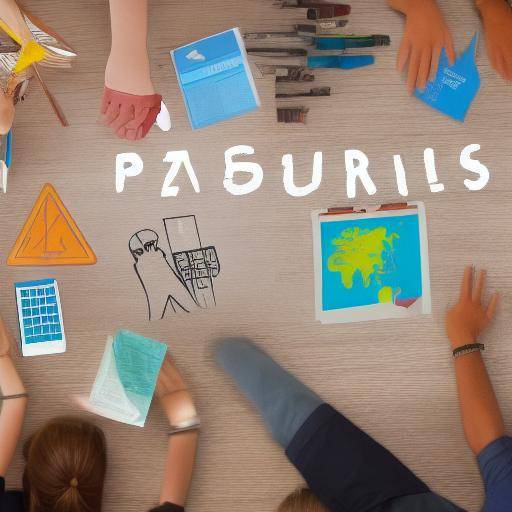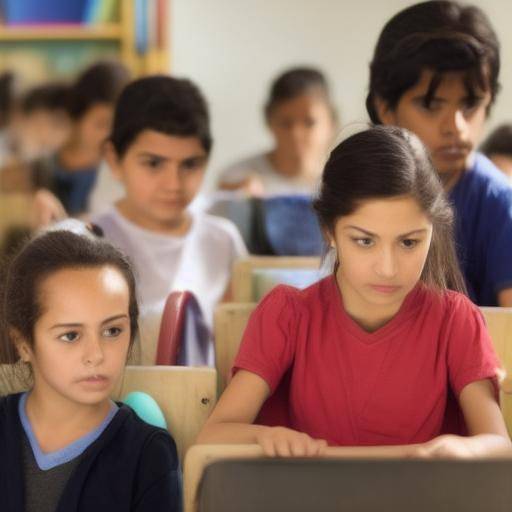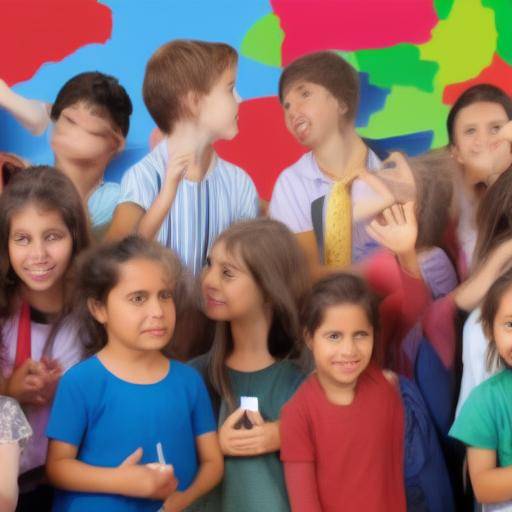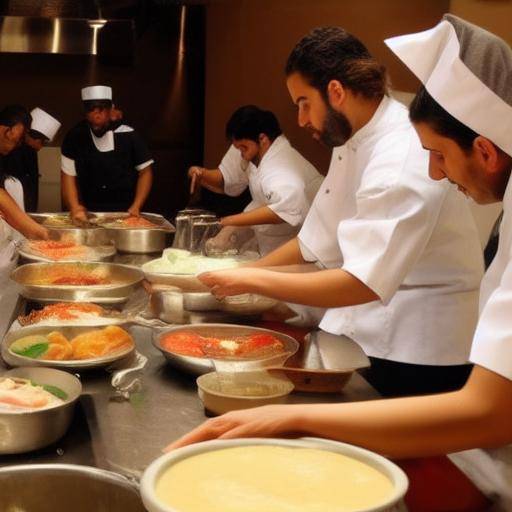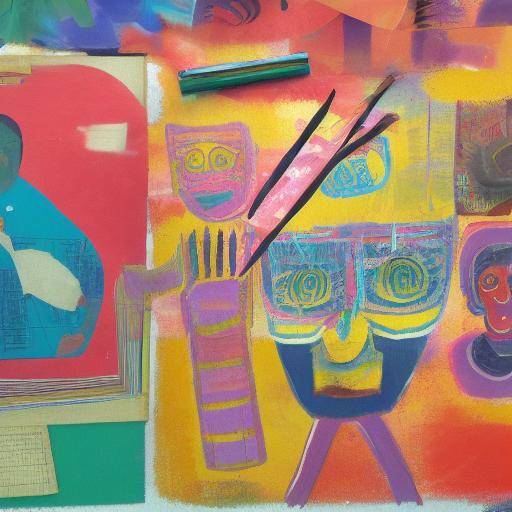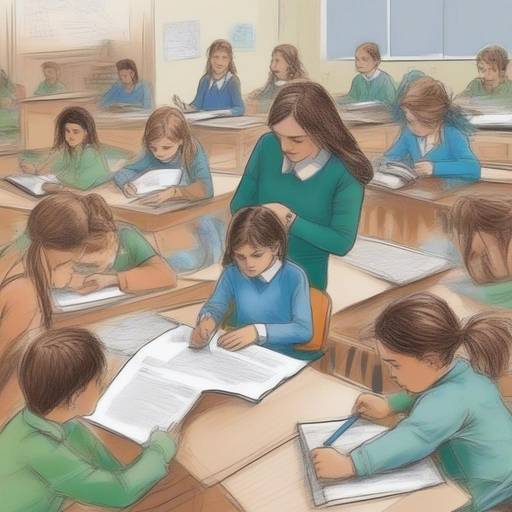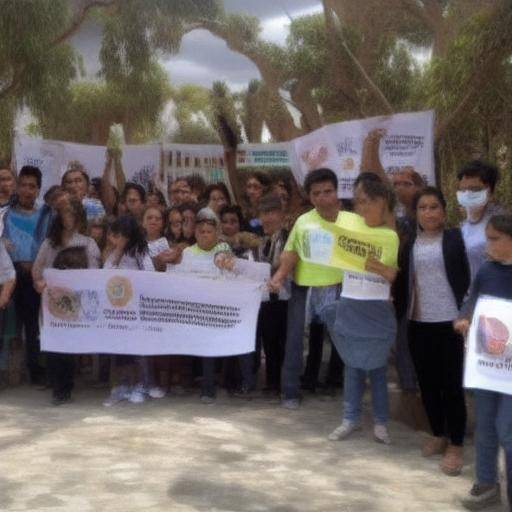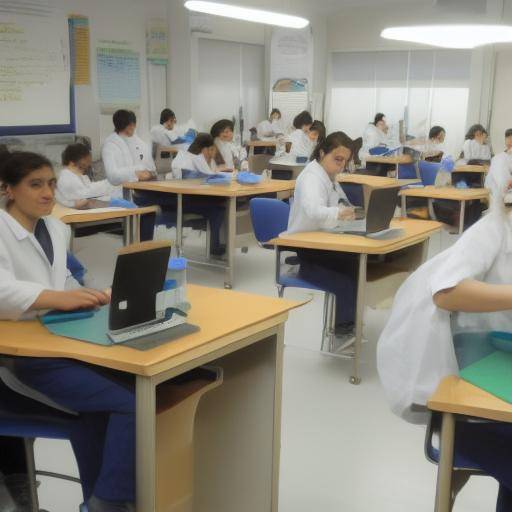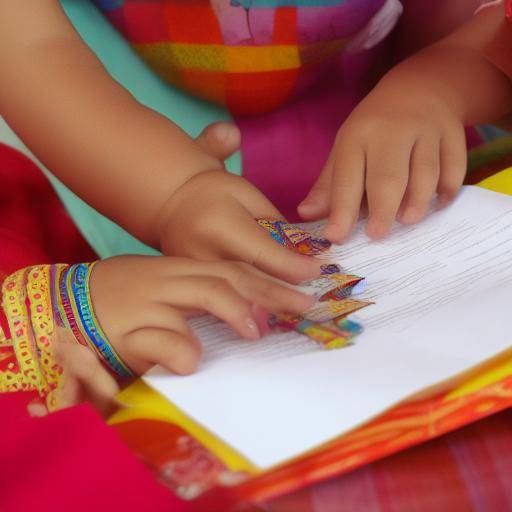
Cultural traditions play a crucial role in family education, shaping the identity, values and practices of future generations. In this article, we will explore in depth how these traditions influence the formation of children and adolescents, as well as their impact on society. From its history and development to its practical application and future predictions, we will examine each facet to fully understand its importance in family education.
Introduction
Cultural traditions are the legacy of our ancestors, transmitted through generations. In the context of family education, these traditions serve as pillars that support identity, moral values and the connection with history and the community. The purpose of this article is to delve into the fundamental role that cultural traditions play in the upbringing of children and in the way that families transmit their values and norms to future generations.
History and Background
Cultural traditions have been an integral part of human experience since time immemorial. The first civilizations already practiced rituals and customs that influenced family education. Throughout history, cultural traditions have evolved and interwoven with socio-political and technological changes, adapting to new realities and challenges. The preservation and transmission of these traditions have been fundamental to maintaining social cohesion and forging collective identities.
Detailed Analysis
Cultural traditions in family education have demonstrated a number of significant benefits, including the promotion of the sense of belonging, the strengthening of intergenerational relations and the inculcation of fundamental values. However, they also face challenges, such as generational conflict and preservation in a globalized world. It is vital to understand both the advantages and limitations to ensure that cultural traditions continue to play a relevant role in family education.
Comprehensive review
We will explore specific applications of cultural traditions in family education, from past rites to annual festivals and daily practices. In analyzing best practices and case studies, we will provide a detailed overview of how these traditions shape the identity and moral development of children and adolescents. We will also examine views of experts and future perspectives to better understand the potential and evolution of this crucial aspect of family education.
Comparative analysis
By comparing the role of cultural traditions with other influences in family education, such as the school environment and the media, we can better appreciate their unique impact. We will identify similarities, differences and possible synergies to understand how cultural traditions complement or compete with other influences in the formation of children and adolescents. In addition, we will explore concrete examples that illustrate these dynamics to enrich our understanding.
Practical Tips and Accessible Recommendations
For families interested in strengthening the role of cultural traditions in the education of their children, we will offer practical advice and actionable recommendations. These suggestions will include family activities, historical contextualization methods and resources for the effective transmission of traditions. By providing clear guidelines and concrete examples, we seek to empower readers to integrate these practices into their family life in a meaningful way.
Industry Perspectives and Expert Reviews
We will gather perspectives of experts in pedagogy, anthropology, and other relevant disciplines to enrich this analysis. The views of scholars and practitioners who have closely studied the role of cultural traditions in family education will provide a complete overview of these issues. In addition, we will explore trends and predictions about the continuing relevance and adaptation of cultural traditions in family education in a changing world.
Case Studies and Practical Applications
Through detailed case studies, we will present real examples that illustrate the tangible influence of cultural traditions on family education. These cases will provide a deeper understanding of how these practices impact the development of children and adolescents, as well as their long-term effects. By analysing the results and lessons learned, readers can visualize the practical application of these traditions in diverse family environments.
Future Trends and Predictions
We will explore emerging trends related to cultural traditions, family education and their intersection with technological and social advances. Based on current data and expert opinions, we will provide predictions on how these practices will evolve in response to global changes. In assessing potential challenges and opportunities, we will provide an informed view of what the future could stop for the role of cultural traditions in family education.
Conclusions and FAQs
In closing this comprehensive analysis, we will summarize the key aspects discussed and reiterate the fundamental importance of preserving and transmitting cultural traditions in the family environment. We will offer a solid perspective that highlights the lasting relevance of these practices in the education of future generations.
Frequently asked questions
1. Why is it important for families to maintain their cultural traditions in the education of their children?
Cultural traditions serve as vital links between the past, present and future of a community, providing a sense of belonging, identity and values that are rooted. By transmitting these traditions to future generations, families strengthen the connection with their roots and foster a deeper understanding of their cultural heritage.
2. How can families integrate cultural traditions into the daily lives of their children?
Families can incorporate cultural traditions through festive celebrations, educational activities, family stories and participation in meaningful rituals. By establishing meaningful connections with traditions, parents can foster a sense of respect, pride and understanding of their cultural heritage in their children.
3. How can cultural traditions influence the moral and ethical education of children and adolescents?
Cultural traditions can serve as a framework for transmitting values such as respect, solidarity, generosity and appreciation for diversity. By internalizing these values through traditions, children and adolescents can develop a deeply rooted sense of ethics and morality that guides their behavior and decisions.
4. To what extent can cultural traditions face challenges in an increasingly globalized society?
Cultural traditions can face challenges in a globalized environment, as external influences and the evolution of sociocultural dynamics can often threaten their preservation. However, adaptability and the lasting meaning of cultural traditions can enable them to survive and prosper despite these challenges.
5. How can children be educated about the importance of respecting and preserving cultural traditions?
Education on the importance of respecting and preserving cultural traditions can be achieved through open dialogue, active participation in cultural events, exposure to customs and practices, and fostering curiosity and respect for cultural diversity. By involving children in these experiences, a deeper understanding and greater respect for cultural traditions are promoted.
6. What role do cultural traditions play in building a solid identity in children and adolescents?
Cultural traditions play a fundamental role in the formation of the identity of children and adolescents, providing a sense of belonging, connection with their roots and a deeper understanding of their cultural heritage. By internalizing these traditions, young people can develop a solid and rooted identity in their cultural context.
In conclusion, cultural traditions have a significant impact on family education, affecting identity, values and community connection at multiple levels. It is essential to recognize and celebrate the richness of this cultural heritage, preserving it for generations to come. By understanding and fostering the role of cultural traditions in family education, families can enrich the lives of their children and strengthen the cohesion of society as a whole.
With this comprehensive analysis, we have explored in an integral way the role, influences and meaning of cultural traditions in family education, hoping to have provided an informed and enriching vision.



